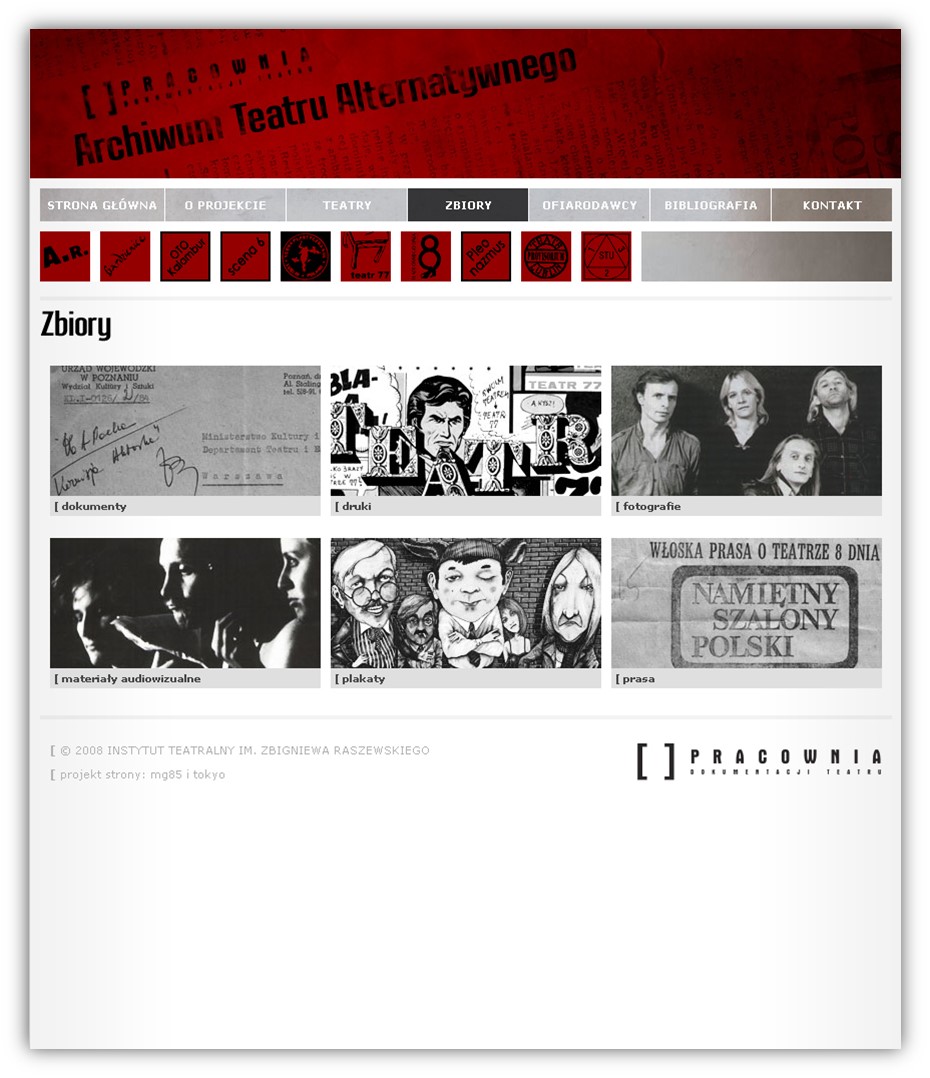The alternative theatre movement in Poland was, throughout its thirty-five-year history (1954–89), intimately connected with politics. Since the movement’s inception during the mid-1950s' political thaw, participants had tried to capture the longings, motivations, and sources of frustration among the young people, while giving the art in Poland a vital breath of fresh air. The movement’s ability to fulfill this role waxed and waned with political trends in the country. As much as the thaw gave way to what was called in Poland the mała stabilizacja (small stabilization) of the 1960s, the censorship got stricter and the theatres’ capacity for political engagment was curbed. However, the events of 1968—including government repression of student-led protests, an anti-Semitic propaganda campaign, and the invasion of Czechoslovakia—eventually resulted in a theatre movement that was even more closely connected to the political climate in the country. Starting in around 1970, the movement began to define itself as a site of resistance to the regime and a space of freedom of speech.
The Alternative Theatre Archive (Archiwum Teatru Alternatywnego) collects materials that relate to the 1970s and the 1980s period of the alternative theatre movement. During this period these theatres, most of which were originally funded by student organizations and called “student theatres,” lost their university sponsorship and were placed under the auspices of various professional state entities. They began to call themselves “alternative theatres”, and reached their heyday, both artistically and as a form of protest. The theatres themselves varied in their levels of political engagement. Members of some of the theatres identified their primary purpose as fighting against the regime rather than devising performances. Some of them were individually involved in oppositional work with the Workers’ Defense Committee (Komitet Obrony Robotników, KOR) and later, with "Solidarity". But others were more interested in making art and saw theatre as a way to escape politics, rather than engage in it.
The Alternative Theatre Archive was initiated in early 2009 by Zbigniew Gluza – journalist, editor, publisher and president of the KARTA Centre Foundation – together with Dorota Buchwald who at that time managed the Theatre Documentation Department of the Theatre Institute (affiliated with the Polish Actors’ Union). Today, Buchwald is the director of Zbigniew Raszewski Theatre Institute (Instytut Teatralny im. Zbigniewa Raszewskiego).
In 2009 Gluza wrote a letter to his former alternative theatre colleagues asking them to contribute to the archive. Gluza may have initially intended for the Alternative Theatre Archive to be one of several archival collections that the KARTA Center Foundation curates or co-curates. Instead, in the end ATA became a separate part of the Raszewski Theatre Institute’s Archives. Nevertheless, Gluza contributed items from his own personal archive to the ATA – including a copy of his book Ósmy Dzieńon - one of the most important Polish theatre groups during communism.
One of main challenges faced by the project is to preserve existing materials, describe and catalogue them, as well as digitalize them. Those documents are at the disposal of researchers interested in the Polish theatre life in late socialism and can be consulted in the Institute's reading room. In 2011 the Alternative Theatre Archive started to collect audiovisual interviews on the theatre life in Poland using the oral history method. Those recordings serve as another context for the research on the various movements in the Polish artistic life, especially the phenomena of students' theatre and underground plays.

